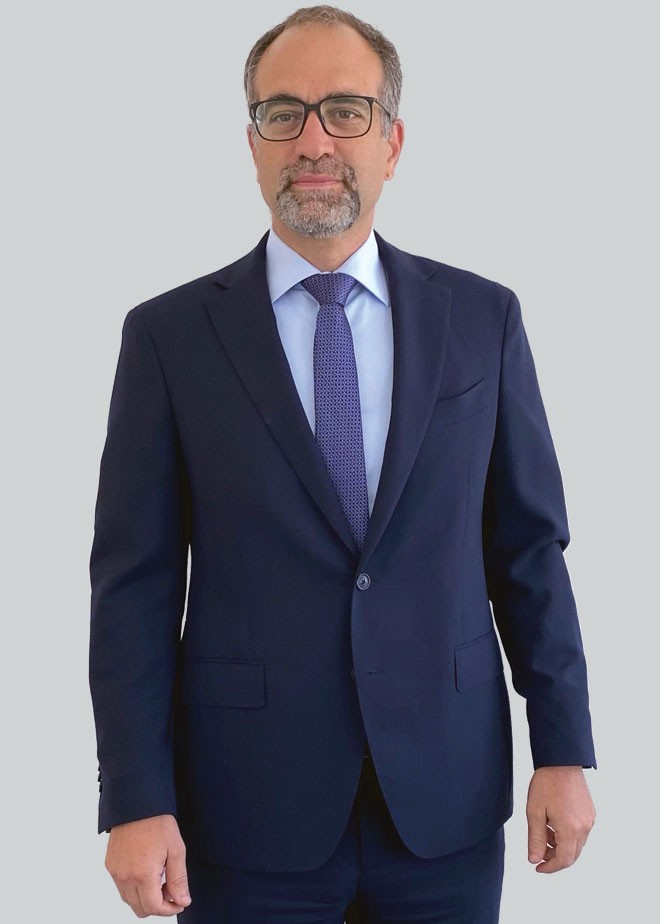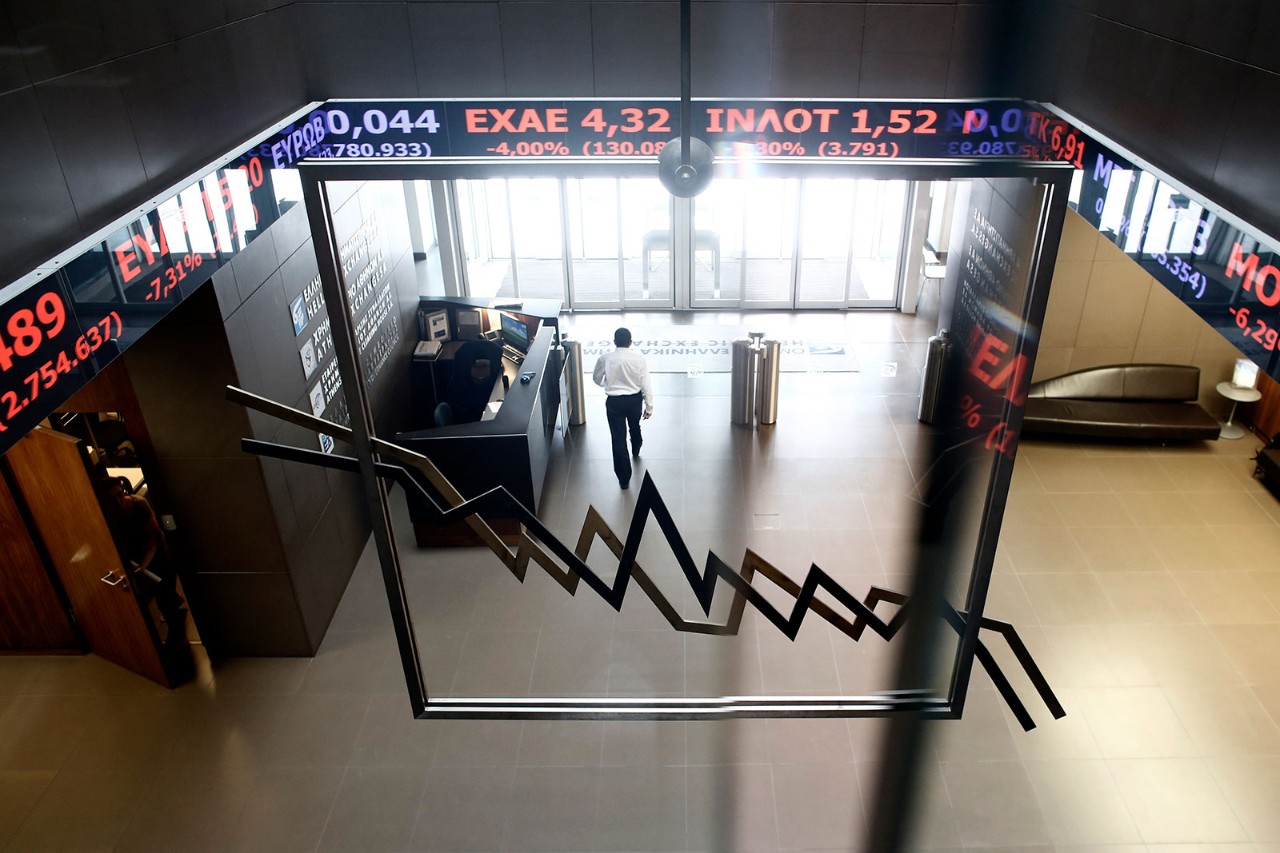
Aristotle says that morality is learned. On the other hand, some scientists argue that we are born with empathy and a basic sense of right and wrong. But whether people are born with what we humans define as ethics and values or acquire them, a common standard of ethics can be nurtured wherever in the world we operate.
In the Middle East, it is increasingly common for organisations to adopt codes of ethics, conduct ethics reviews and surveys, and integrate ethics as one of the assessment criteria in performance management, promotion decisions and appointments to executive or directors’ positions.
To develop what I think of as our ethics muscles, they need to be worked – tested by use in dilemmas and decision-making.
Strong messaging
In the corporate setting, an ethics culture does not happen by accident; it is based on the choices of the people in the organisation, especially its leaders. This culture of integrity and professional conduct at its core is reinforced from the very top of any organisation. It starts with leadership and cascades down to all the people in the organisation. Strong messaging on ethical standards of behaviour is fundamental and non-negotiable.
Ethics programmes and codes of ethics in organisations need to be regularly communicated to employees through training and messages from these leaders, among others. These programmes help build ethical sensitivity, encourage consultation and support ethical decision-making. Together, they help keep a continuous spotlight on ethics by communicating expectations of behaviour and also embed ethical decision-making into key processes and initiatives.
Serious consequences
In our complex world the stakes are high, and wrong decisions or actions deemed inappropriate or unethical can have serious consequences. Corporate and personal reputations built over decades can be destroyed quickly as people are perceived to be ambassadors of their businesses, as well as of their families, their countries and their communities. Around the globe and in our region, wrong decisions or corrupt actions with ethical connotations have brought down companies.
The analogy of ethics muscles is useful in looking at ethics programmes. Going to the gym on a regular basis helps maintain the body’s strength and fitness. Similarly, continuous ethics awareness refreshers and reminders help maintain ethics strength.
Such programmes create an environment and culture where people are guided in what to do when facing an ethical dilemma and encouraged to stand up for what is right and speak out. This environment becomes a powerful, living compass intended to guide all employees toward the right decisions and correct actions, whatever situations they may encounter.
Consultation
Pivotal to an ethical corporation is the notion of consultation. Consultation is key as it avoids people having to resolve a difficult ethical situation alone.
Individuals are encouraged to consult with their colleagues, leaders and ethical officers in situations that warrant it. Just as important are formal ethics reporting channels for those seeking help to resolve difficult issues or report suspected misconduct.
From a Big Four perspective, when clients secure goods or services from organisations, they are looking for quality products or services to benefit ambitious projects, manage highly confidential information, and develop ideas and approaches that can alter the course of their businesses. The trust that is placed in organisations needs to be earned every day in order to ensure success.



